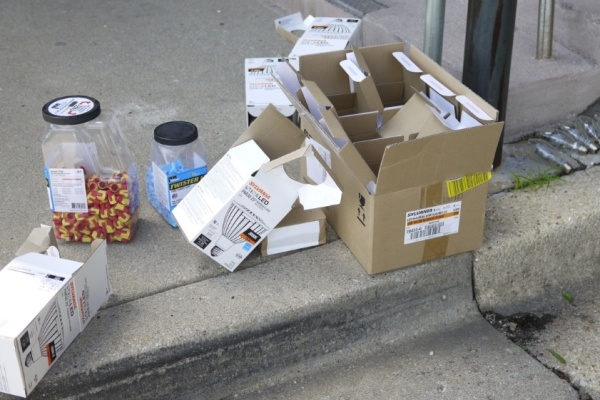I wrote previously that coal is just not that hot of a fuel. Compared to natural gas, coal isn’t logical for electric generation, and getting less and less logical with time. Meanwhile, solar power is getting cheaper every year, with grid parity on the way in a few short years (maybe one). In some places, parity has already been reached. Coal pushers still try to tell us that they’re the reliable, American energy. The claim is that solar (like wind or other renewables) varies, and cannot keep power grids stable and consistent in the face of demand. What they conveniently forget to tell you is: Coal isn’t too hot at that, either.
As solar prices keep crossing parity, along with the rest of the portfolio (gas, nuclear, hydro, wind, etc.), there will soon be no credible pitch for coal. My advice: get out. If you’re exposed to coal financially, sell. If you’re actually looking at a coal seam, get out via the nearest exit ASAP, and find a new career. Of course, nothing ever really goes away, as I’ve stated multiple times. There’ll be a transition period, and even after that the grid will cling to legacy plants. However, there is no coal growth on the horizon; it’s a matter of coal staying level or contracting, and at what contraction rate.
Electricity use varies through the day, and today’s grid does “load following” to match supply with demand. In a few situations, usage ramps up strongly, and utilities call on “peaker plants” to fulfill demand. It is thus desirable for generation to be throttleable, or in grid terms “dispatchable.” This holds when you can’t find ways to smooth out usage (“peak shaving”), or store electricity on these large scales. Coal lobbyists then claim they are dispatchable, but no, coal really isn’t. Continue reading




 I won’t buy a digital, terrestrial radio, while analog radio barely says titles. I guess the industry doesn’t want me finding their bands, then.
I won’t buy a digital, terrestrial radio, while analog radio barely says titles. I guess the industry doesn’t want me finding their bands, then.
You must be logged in to post a comment.